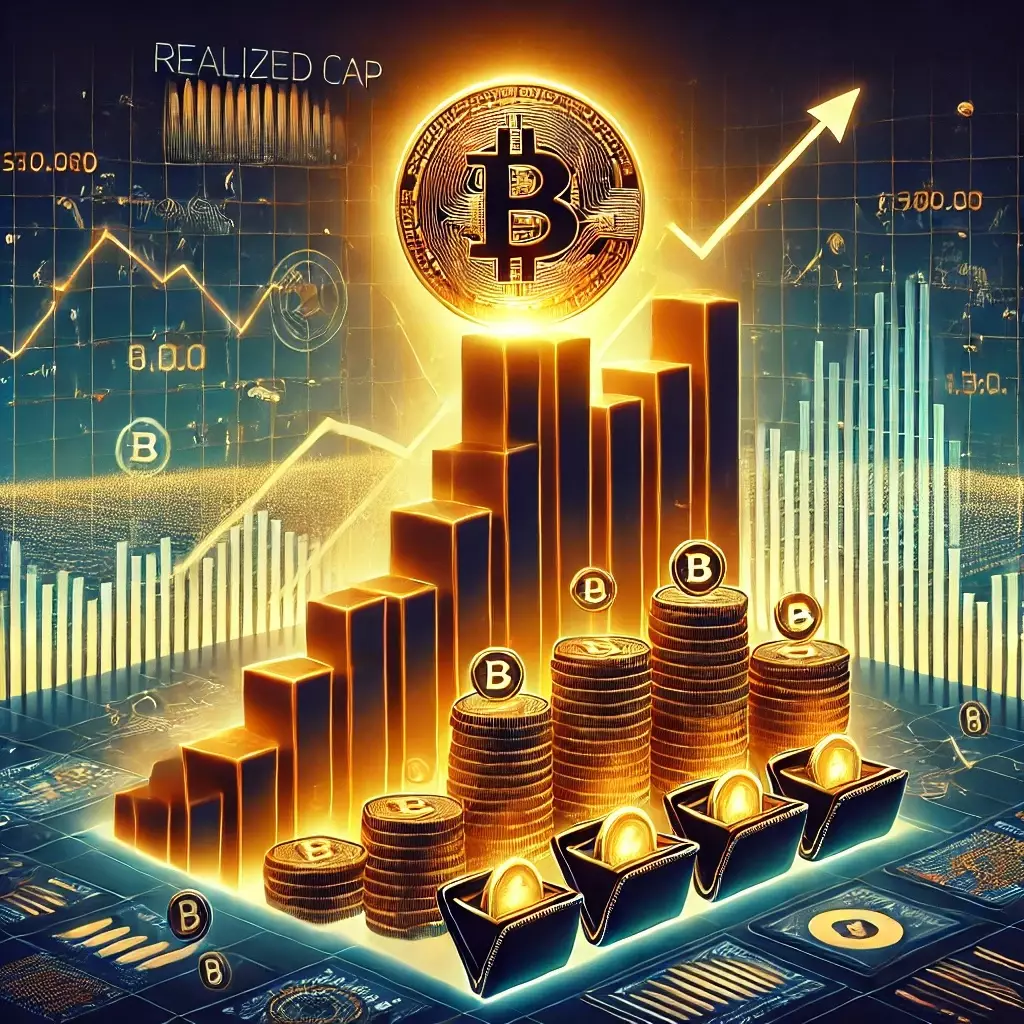The unsettling relationship between political decisions and financial markets is a narrative that never seems to fade. In particular, the Bitcoin price has been subject to the unpredictable winds of tariff wars ignited by former President Donald Trump’s aggressive trade policies. Initially heralded as a currency of freedom and decentralization, Bitcoin has become entangled in the complex web of international trade, revealing its vulnerabilities as an asset. While the cryptocurrency had been seeing meteoric rises—above $100,000 at times—its value plummeted under the pressure of escalating tariffs on Chinese products. The very idea that a digital currency, often viewed as a hedge against traditional financial systems, is dramatically influenced by political decisions is an indictment of its perceived independence.
The Cost of Economic Protectionism
President Trump’s administration’s foray into economic protectionism serves as a poignant reminder that the health of cryptocurrencies like Bitcoin is directly linked to global trade dynamics. The staggering 145% tariffs slapped on Chinese goods sent shockwaves across equities and cryptocurrency alike, effectively acting as a digital grenade that sent Bitcoin’s value spiraling downwards below $80,000. Critics of such policies argue that protectionism is a short-sighted endeavor, sacrificing long-term stability for the illusion of immediate economic rejuvenation. This perspective underscores a fundamental truth: the health of the Bitcoin market—and, by extension, the economic landscape at large—is often dictated by the whims of politicians rather than the will of the people.
Temporary Respite or a False Dawn?
Recent discussions of a 90-day pause on new tariffs illustrate the fickle nature of political negotiations. While markets initially reacted positively with a brief resurgence in Bitcoin’s value—recovering above $100,000—such reactions are often merely temporary respites from the ongoing storm of economic uncertainty. Although the agreement between the United States and China aims to lower tariffs, anyone following these negotiations closely understands that they can pivot at a moment’s notice. This uncertainty might just fuel investor skepticism, preventing sustained bullish momentum in Bitcoin and other cryptocurrencies. Are we merely witnessing a false dawn, or is there real potential for recovery?
Market Sentiment Drives Cryptocurrency Values
As equity markets show signs of a green resurgence, Bitcoin enthusiasts are eagerly watching for any signals that the tide is turning. Current optimism is galloping forward fueled by news of tariff reductions, hinting at potential stability in a chaotic landscape. However, it’s essential to remain cynical about how long this sentiment can last. The agreement between the U.S. and China mentioned in official statements, though seemingly optimistic, could be viewed through a lens of skepticism. Market sentiment—or lack thereof—has proven time and again to dictate cryptocurrency valuations far more than inherent utility or technological advancement.
The Dance Between Regulatory Frameworks and Cryptocurrency Adoption
In this narrative of political maneuvering, the lack of a coherent regulatory framework surrounding cryptocurrencies exacerbates the volatility. Investors are often left jittery, unsure whether they are buying into a revolutionary financial system or merely a bubble set to burst under the weight of governmental oversight. As Bitcoin navigates its tumultuous relationship with both international trade policies and regulatory scrutiny, it’s clear: this asset is far from the free market ideal it once embodied. The question persists: how many potential investors are being scared away from Bitcoin due to these ongoing tariff disputes and the political motivations behind them?
In a world where Bitcoin was once hailed as a bulwark against a subservient economic model, its plight now serves as a grim reminder that freedom within finance is often an illusion. Until meaningful resolutions emerge between global powers, it seems Bitcoin will remain tethered to the whims of national politics, its future uncertain amid the spectacle of tariff wars and shifting geopolitical landscapes.

